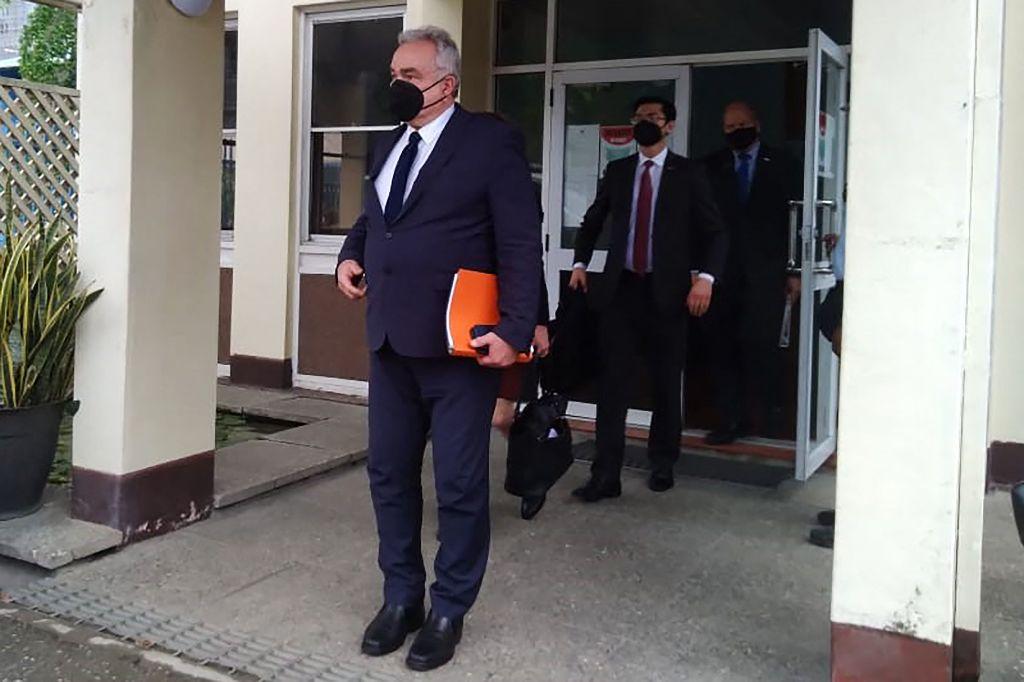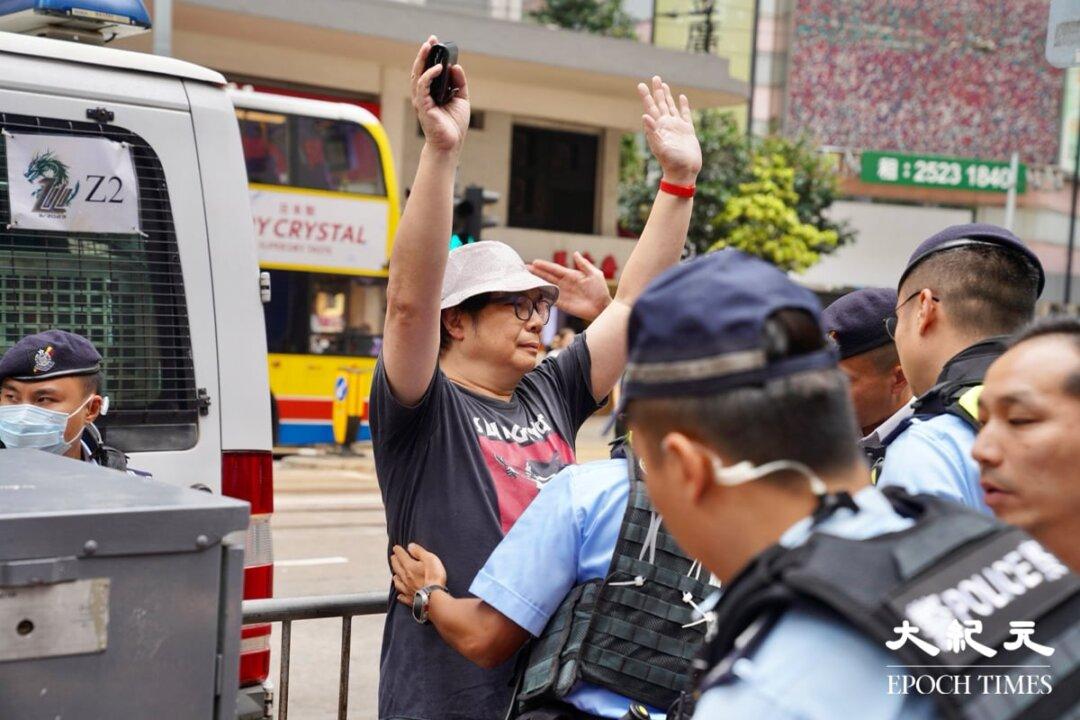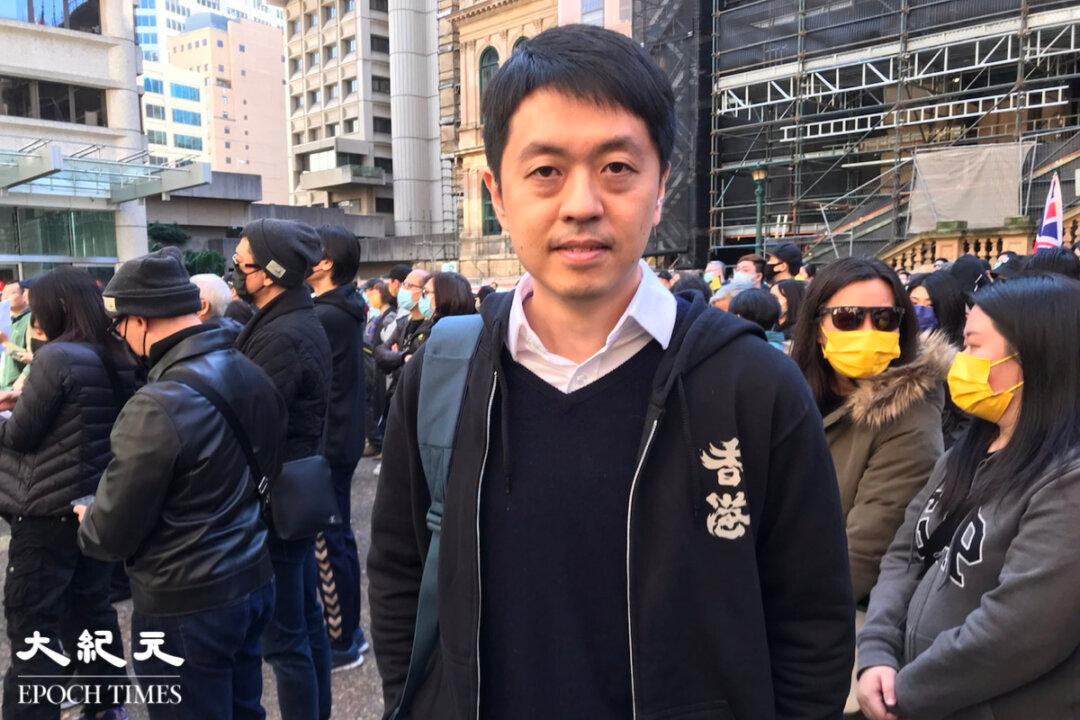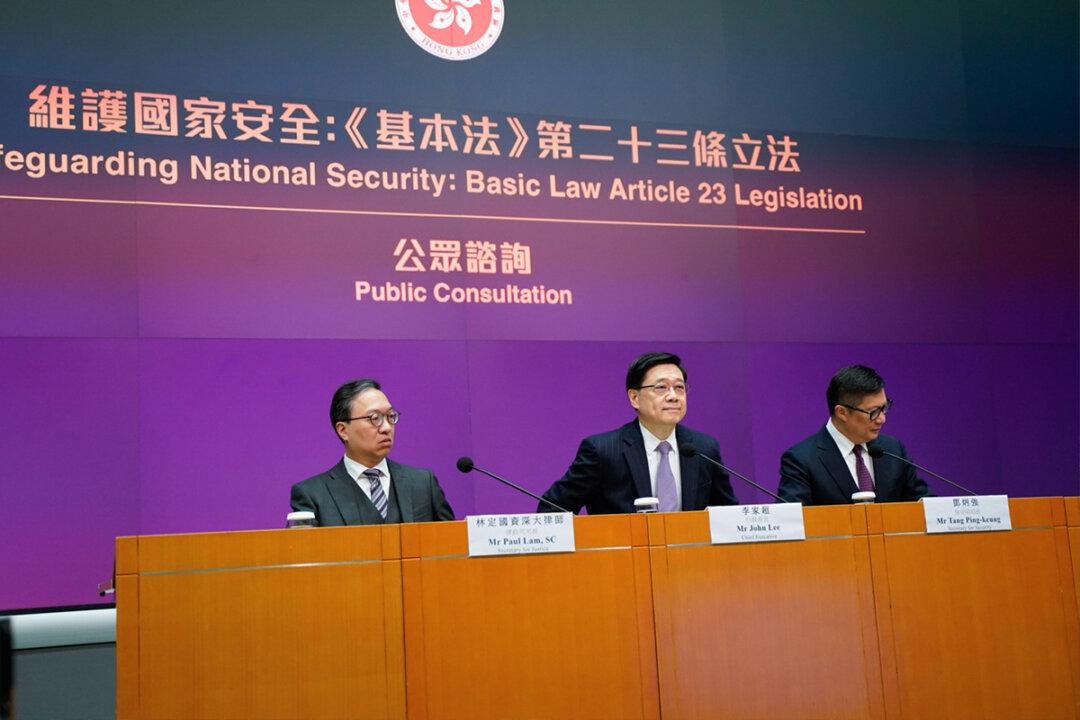A dispute emerged over whether Hong Kong leader John Lee Ka-chiu was ever given approval to attend the Asia-Pacific Economic Cooperation (APEC) forum, which ran from Nov. 11 to Nov. 17 in San Francisco.
Kurt Campbell, U.S. President Joe Biden’s nominee for deputy secretary of state clarified that the U.S. administration did not invite Lee to the APEC forum.




